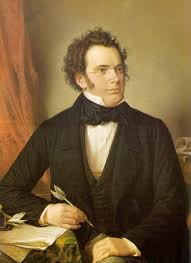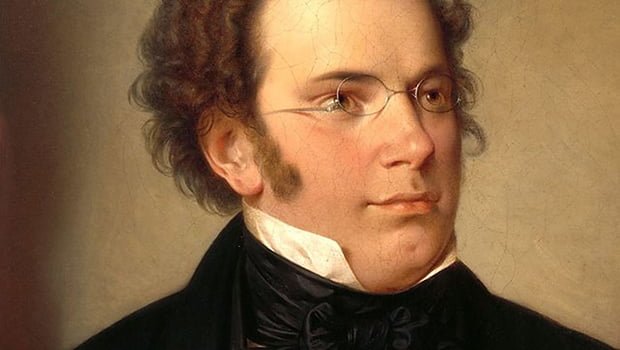Franz Schubert (1797–1828) was an Austrian composer whose music bridged the Classical and Romantic eras. Despite his short life, Schubert left an indelible mark on Western music, creating over 1,500 works that include symphonies, chamber music, piano compositions, operas, and more than 600 songs (Lieder).
Early Life and Education
Franz Peter Schubert was born on January 31, 1797, in Himmelpfortgrund, a suburb of Vienna, Austria. The son of a schoolmaster, Schubert displayed musical talent from an early age. He learned violin from his father, piano from his brother Ignaz, and later studied with prominent musicians such as Antonio Salieri.
At age 11, Schubert was admitted to the Imperial and Royal City College in Vienna, where his remarkable abilities as a composer and musician flourished. He began composing extensively in his teenage years, producing symphonies, string quartets, and his first songs.
Career and Contributions
Schubert never held a stable job as a court composer or conductor, unlike many of his contemporaries. Instead, he relied on the support of friends, patrons, and income from teaching and freelance composition.
His most significant contributions lie in his Lieder, where he transformed the art song into a profound musical form. Works like “Erlkönig,” “Gretchen am Spinnrade,” and the song cycles Die schöne Müllerin and Winterreise showcase his ability to blend poetic texts with expressive melodies and harmonic depth.
In addition to his vocal music, Schubert wrote symphonies such as the Unfinished Symphony (Symphony No. 8 in B minor) and the Great C Major Symphony (Symphony No. 9). His chamber music, including the String Quintet in C Major and the Piano Quintet in A Major (the “Trout Quintet”), remains some of the most beloved in the repertoire.
Personal Life and Struggles
Schubert’s personal life was marked by financial difficulties and illness. He contracted syphilis in the mid-1820s, a disease that severely affected his health and contributed to his untimely death. Despite his struggles, he remained prolific, composing masterpieces even in his final years.
Although Schubert’s fame during his lifetime was limited, his circle of friends—writers, artists, and musicians—recognized his genius. They frequently organized informal gatherings called “Schubertiades,” where his music was performed.
Death and Legacy
Franz Schubert died on November 19, 1828, at the age of 31. He was buried near Ludwig van Beethoven, whom he greatly admired, in Vienna’s Währing Cemetery (later moved to Vienna’s Central Cemetery).
Schubert’s posthumous reputation grew significantly, particularly through the efforts of figures like Robert Schumann, Franz Liszt, and Johannes Brahms, who championed his works. Today, Schubert is celebrated as one of the greatest composers in Western music history.
The Timeless Appeal of Schubert
Schubert’s music is admired for its lyricism, emotional depth, and innovative harmonies. His works express a wide range of human emotions, from joy and love to despair and introspection, resonating with audiences to this day.
Whether in his poignant Lieder, expansive symphonies, or intimate chamber works, Franz Schubert’s legacy endures as a testament to his genius and profound contribution to the Romantic spirit.


Comments are closed